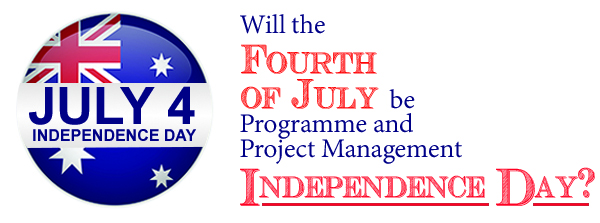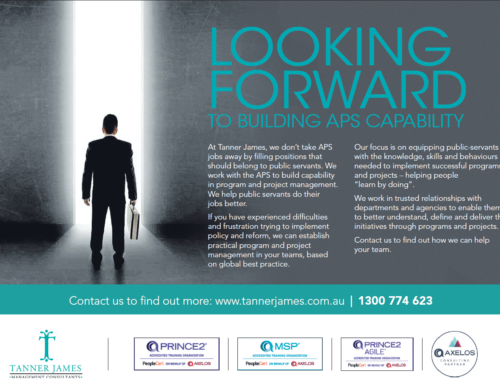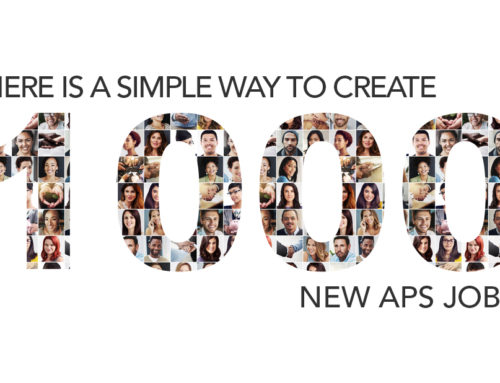To The Fourth of July (excerpt from Poem by Swami Vivekananda)
Behold, the dark clouds melt away,
That gathered thick at night, and hung
So like a gloomy pall above the earth!
Before thy magic touch, the world
Awakes. The birds in chorus sing.
The flowers raise their star-like crowns—
Dew-set, and wave thee welcome fair.
The lakes are opening wide in love
Their hundred thousand lotus-eyes
To welcome thee, with all their depth.
All hail to thee, thou Lord of Light!
Swami Vivekananda prepared the above poem, to be read aloud at the early breakfast, as a part of a celebration of the anniversary of the United States’ independence.
I am greatly looking forward to the Fourth of July in Australia this year – not because it is the first day of a weeks planned leave, and not because my American neighbours (neighbors) will be celebrating. But because it will be the first day back at work for the Australian Public Service under a newly elected Government.
I recognise that some of you might not be given to poetic outbursts when the election result becomes apparent, however I think most of you will be glad to exit the caretaker period.
Hurry up and wait
During the caretaker period, the business of government continues and ordinary matters of administration still need to be addressed. However, successive governments have followed a series of practices, known as the ‘caretaker conventions’, which aim to ensure that their actions do not bind an incoming government and limit its freedom of action. In summary, the conventions are that the government avoids:
- making major policy decisions that are likely to commit an incoming government;
- making significant appointments; and
- entering major contracts or undertakings
In other words, no new programmes or projects!
The birds are singing
Everything changes when the new incoming government takes the helm. The things that have been diligently avoided during the caretaker period become the heart of the headlines for weeks to come – new major policy decisions, new significant appointments, and new major contracts.
There will be significant pressure on many of you in the Australian Public Service to provide advice and plan implementation of measures at a rapid pace, in demanding circumstances – there might be unrealistic expectations of how quickly change can be brought about, there might be uncertainty about why measures are required, and there may be no real picture of the future the government wants to see. New Ministers might in the early days have a poorly defined, or poorly communicated, vision.
How will you tackle these challenges?
Have a big breakfast and get to work early
Having a big breakfast and getting to work early might help with day one. But what should you do next? Well, I’m going to repeat what I have said in a previous blog (the keen-eyed among you might notice I’ve edited it slightly to comply with my own caretaker conventions)…
The Australian Public Service Commissioner and the Secretary of the Department of the Prime Minister and Cabinet want the APS to improve their leadership skills in order to be able to implement policy well in a time of rapid transformation.
Professor Shergold has advised government that large government policy initiatives should be implemented as programmes and projects, and that this requires professional skills, formal qualifications and competence.
To me this means that programme management and project management disciplines should now be of great interest to all SES officers involved in policy implementation. Each and every member of the APS must take stock of their leadership skills and see where they can improve.
Want to know more?
If you would like to know more about how you can improve programme and project management in the APS, please call me personally on 0407 404 688 or email me at john.howarth@tannerjames.com.au. I would be very happy to come to meet you, answer questions and provide further information. I promise there will be no poetic outbursts.
What do you think?
Please feel free to comment on the blog itself or via LinkedIn.






Leave A Comment